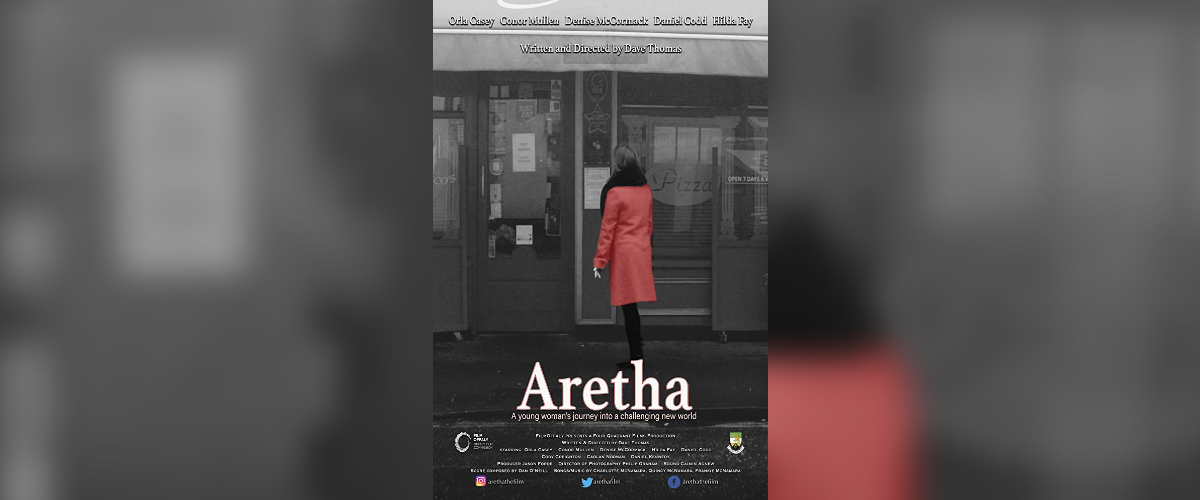
It’s hard to fight the prejudices of others, because prejudices start where humanity disappears. That is why true human warmth occurs when people try to fight their own stereotypes or fear of being judged by others for their own gestures of kindness. ‘ARETHA‘ is more than a fiction short film. It’s a film about normality. About true normality which, unfortunately, is non-existent at global level, but which, fortunately, is not impossible to achieve. Thus, being aware of the existence of an egoistic and impassive world full of victims of any form of injustice (social, political, or hereditary in particular), Dave Thomas attacks in his project the status of those affected by the Down syndrome in their attempt to integrate into the often too narrow social and mental universe of today’s people. Without using the somewhat limited structural requirements of a militant film that imposes its own truth about a vast community in a more or less strident way, this project manages to focus on the fight for the right to social integrity of a large group of individuals by carefully cutting out banal situations that, although they are not free of tense moments, impress with the artistic quality of the image, surprising the naturalness of the gestures with which the characters defy any barrier. Hence, the great quality of this short film resides in the way in which the aesthetic sustains the social mainstay and vice versa, without falling into the category of light “bourgeois” dramas that do not attack the depths of the human soul, nor in the category of pseudo-documentary experiments for which artistic sense is dispensable in relation to the theme chosen by the director.
Aretha is a young woman who wants to get a job in a restaurant that is looking for a waiter. Despite her determination to work, the restaurant owners are circumspect, because Aretha is different. She suffers from Down syndrome. And customers can be rude. Even inhuman sometimes.











